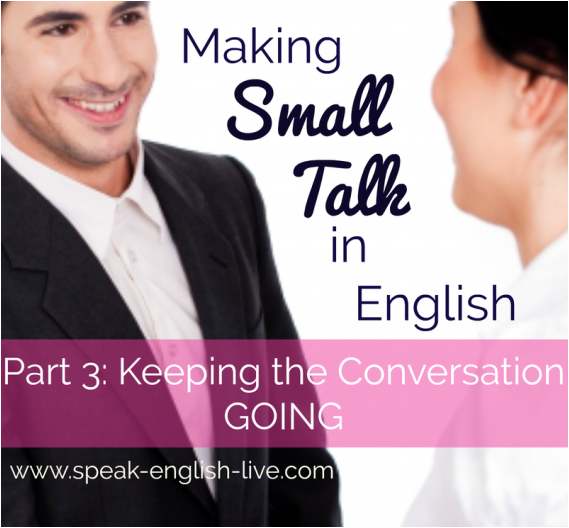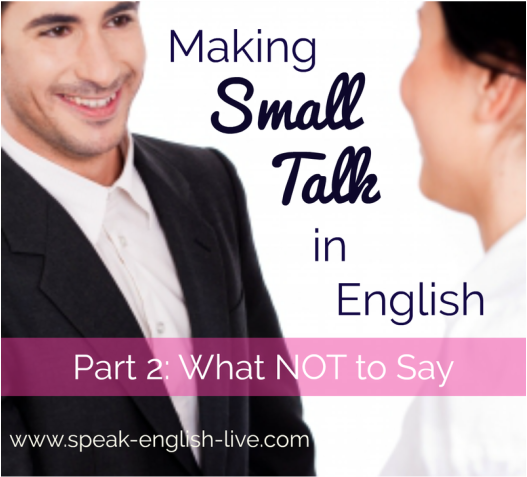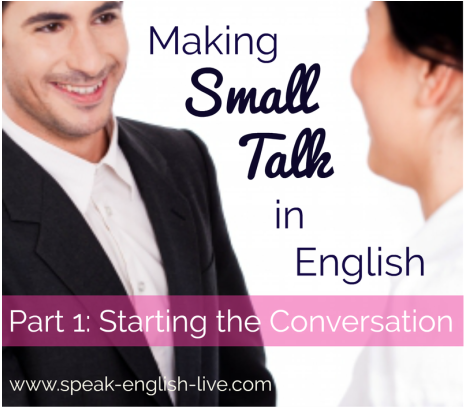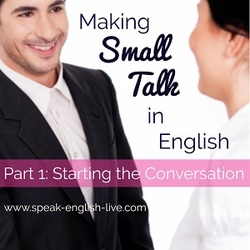|
This year I decided to eat more fruits and vegetables. To make it easy on myself to really achieve this goal, my formula for success looks like this:
Buy vegetables 2x/week + make food with vegetables = me, eating more vegetables. Simple, right? But, what does this have to do with learning English? Well, the things is, you can make your own easy-to-use formulas for English learning too. Easy! Simple! If you’re the kind of person who likes uncomplicated systems that make things simple and effective, this article is for you. And if you feel that the world is more crazy than usual right now, what with all of the 20 social media site you MUST be on, the news and politics, etc… well, this article is for you too. Keep reading to see which of the following 3 systems could make YOUR English studies simpler:
0 Comments
Listening and studying with podcasts is one of the best things you can do to improve your English. In my last post on finding time in your busy life to study English, many of the featured language teachers recommended using podcasts. If you talk to successful English speakers, they will invariably say they listen to podcasts. A lot of podcasts! But which podcasts should you use if you want to improve your speaking, listening, grammar and vocabulary? In this article, I’ll show you:
Read on to learn which podcasts you should use to improve your English:
Who doesn't want to learn English as fast as possible? Enter the smartphone and useful apps you can use during your commute, while having your morning coffee, or on your lunch break. Mobile apps can help you use your time effectively and help you learn faster. Plus, learning a language using apps is like playing games. With most apps you won't just find vocabulary and boring grammar exercise, but languages games that in some cases give you points and time challenges. If you are wondering which apps to start with, here are five of the best: Do you ever wish you didn't ever have to make small talk?
Maybe just thinking having conversations makes you nervous. And then once you are talking, you also worry if you are saying the right things, and you worry you are using incorrect grammar and/or strange words. Even worse, you worry that you might forget words all together! You might think, "How can I ever keep this conversation going?" But try not to worry! Remember that even native English speakers sometimes have a hard time with small talk. I’ve often felt uncomfortable when talking to acquaintances (people I kind of know), co-workers and new clients or new students. I’ve thought things like, “Oh no! I’m going to run out of good questions! I'm not going to have anything to to say!” If you've been following this series of articles, you now have reviewed how to start a conversation in English and what NOT to say. Now you need to know how to keep that conversation going! Here are some tips that I use myself (especially when speaking foreign languages) to keep conversations alive and interesting: At my last job as a junior high English teacher here in Mexico, I always felt just a little bit nervous arriving at school.
I felt nervous because even though I'm pretty fluent in Spanish, I wanted to be professional and not make mistakes in Spanish while having simple conversations with the other teachers and the school director. I also knew that it was important for my working relationships that I be able to make casual, friendly small talk with my co-workers. But even though I'm fluent in Spanish, I didn’t grow up in this culture. So another thing I would worry about was whether or not I was talking about an inappropriate subject (something I SHOULDN'T say). One thing that makes small talk easier in your native language is that you pretty much know the best and most appropriate topics to talk about according to your culture. So for Part 2 of this series on small talk, I want to share my understanding of topics and specific questions that you should AVOID while making small talk in English with Americans: Small talk. I get nervous just thinking about making small talk, and I speak English as my first language!
People (okay, maybe even me too!) love to say things like, “Ah! I HATE small talk!” ...or “Why do I have to make small talk?” But, if you want to get ahead in business, it’s important to form relationships, real working relationships, with your co-workers, boss, clients and other people in your field or related fields. And here’s a secret for you: small talk is the basis for being successful in business and in your professional life. The best way to start is with simple conversations. Read on for 30+ professionally appropriate conversation starters: |
Click to Learn About
|














